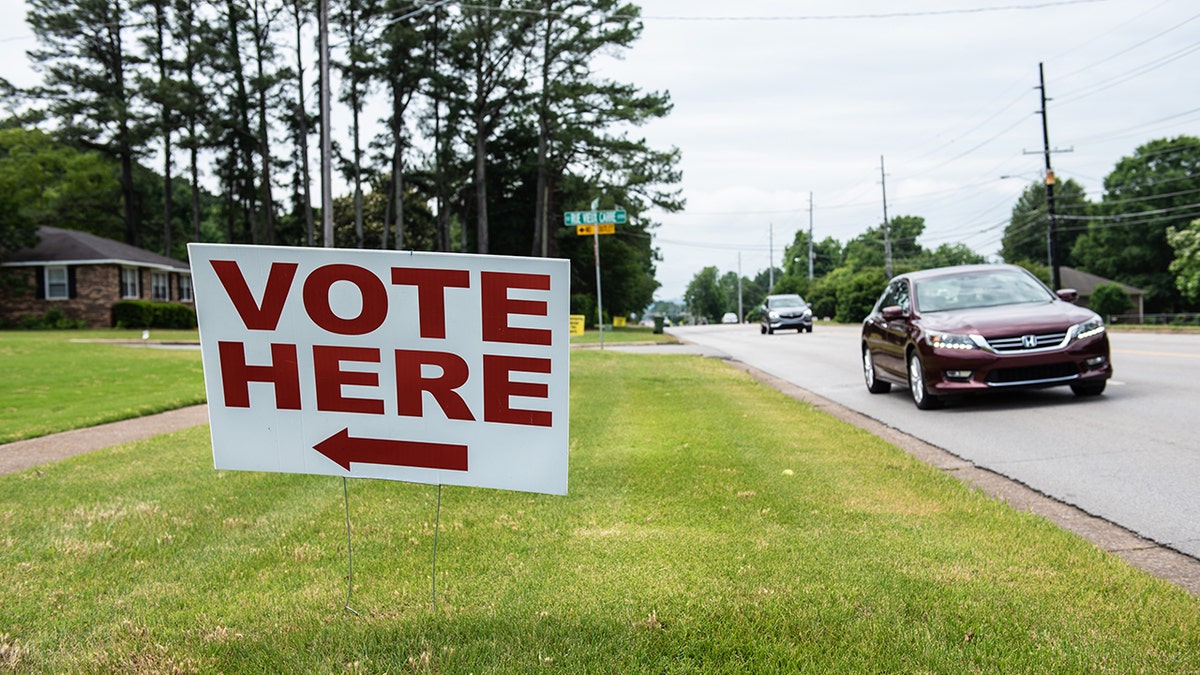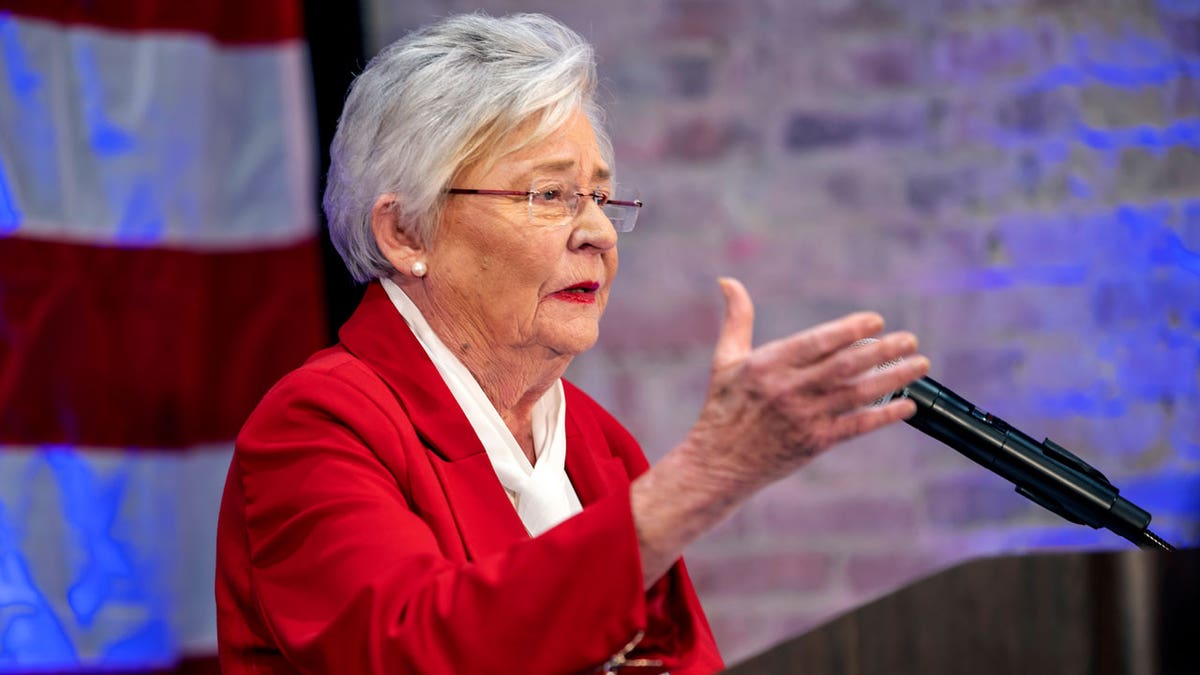Fox News Flash top headlines for April 4
Fox News Flash top headlines are here. Check out what's clicking on Foxnews.com.
A coalition of activist groups in Alabama are suing to overturn a new law that places restrictions on who can receive payment for handling ballots.
The groups are challenging SB1's ban on paying or receiving payment to distribute or collect ballot applications.
The activists allege that the ban on payment compromises the voting capacity of disabled and elderly individuals who require assistance obtaining documents.
GOV. IVEY SIGNS ALABAMA ABSENTEE BALLOT CRACKDOWN INTO LAW: 'UNDER MY WATCH ... NO FUNNY BUSINESS'

The Alabama State Capitol is pictured in Montgomery, Alabama. (Taylor Hill/Getty Images)
The lawsuit was filed by the Alabama State Conference of the NAACP, Alabama Disabilities Advocacy Program, Greater Birmingham Ministries and the League of Women Voters of Alabama.
"SB1 takes Alabama backwards as it violates the law, restricts our basic Constitutional Amendment rights, obliterates freedom of speech," said Alabama NAACP President Benard Simelton. "It marginalizes voters’ access to the ballot box."
The state legislature approved SB1, and the bill was signed into law by Gov. Kay Ivey last month.

A "Vote Here" sign located outside a polling station in Huntsville, Alabama. (Andi Rice/Bloomberg via Getty Images)
The law makes it a felony to pay or receive payment for services collecting, completing or otherwise distributing absentee ballot applications.
It also makes it a misdemeanor to return another voter's ballot application or prefill voter applications before distribution.
"Here in Alabama, we are committed to ensuring our elections are free and fair," Ivey said in a statement last month. "Under my watch, there will be no funny business in Alabama elections."
CLICK HERE TO GET THE FOX NEWS APP

Alabama Gov. Kay Ivey speaks to supporters after her re-election victory in Montgomery. (AP Photo/Vasha Hunt)
Republicans in the Alabama Legislature had named the bill as a key priority for the year and aimed to get it in place before the November election. Republicans said it is needed to combat voter fraud through "ballot harvesting," a term for the collection of multiple absentee ballots.
Democrats argued that there is no proof that ballot harvesting exists and called it an attempt to suppress voting by absentee ballot.
The law lists an exemption stating that voters who require assistance because of blindness, disability or inability to read or write may be given assistance by an individual of the voter’s choice.
The Associated Press contributed to this report.


